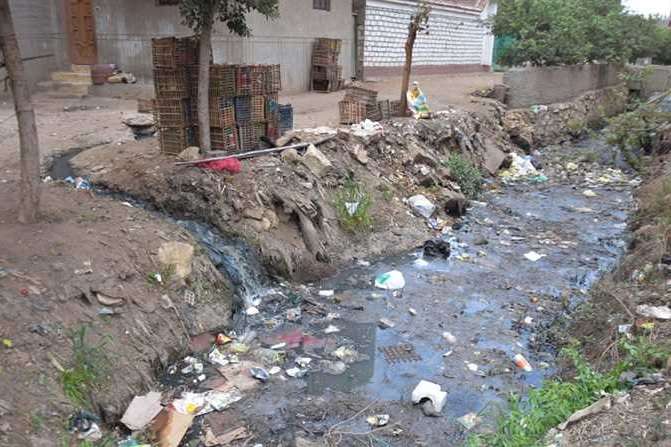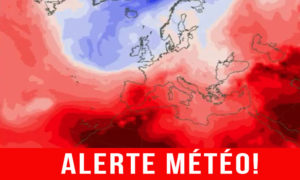Faced with a severe lack of funding for essential drinking water and sanitation services, the institutions responsible for these sectors have shifted the financial burden onto the population, as stated in a research paper on the water sector released on September 28, 2023. This paper was a collaborative effort between the Transnational Institute (TNI) and the Tunisian Water Observatory (OTE).
This situation was further corroborated by a 2019 World Bank report on drinking water and sanitation in Tunisia. The report revealed that a staggering 94% of the cost of sanitation services is shouldered by families, through sanitation fees incorporated into their drinking water bills, with the State covering only 6%.
Regarding drinking water expenditures, the same report highlighted that families are responsible for 75% of the total cost. It disclosed that in 2015, Tunisian families collectively spent approximately $671 million on drinking water and sanitation services, accounting for 1.5% of the national public expenditure for that year. This translated into an average annual cost per capita of around $66 in urban areas and $38 in rural areas.
In stark contrast to the rising individual expenses on drinking water and sanitation in Tunisia, public investment remained notably low, reaching only $17 per individual in 2017. This amount pales in comparison to investments in countries like Jordan ($55) and Lebanon ($102). This comparison is particularly relevant given the similarities in public water and sanitation policies implemented in these nations and in Tunisia, as concluded by the research paper.
What's happening in Tunisia?
Subscribe to our Youtube channel for updates.











































